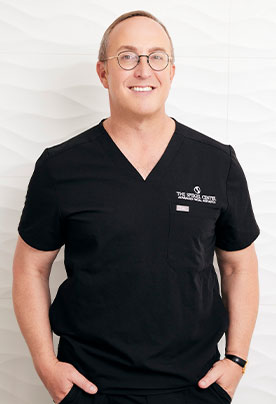While cosmetic surgery is socially acceptable in adults, there has been a sharp increase in the number of children who are having plastic surgery to reduce the amount of bullying with which they are faced. Is this a good idea? At what age should a child be allowed to have such a surgery?
Reconstructive vs. Cosmetic
First and foremost, it is important to understand the difference between reconstructive and a cosmetic surgery. Reconstructive surgery is performed when an individual’s appearance has been altered significantly by some kind of medical condition, and the surgery is the only way for that individual to appear normal. On the other hand, cosmetic surgery includes everything from face lifts to breast implants, and is designed to help the patient feel better about his or her appearance. These days, kids are going under the knife to have cosmetic surgeries that are not considered medically necessary.
Common Procedures
There are many conditions out there from which a child can suffer that may cause bullying by peers. For instance, children who are born with large birthmarks on their faces, visible tumors, extra digits on their hands and more are often teased relentlessly by others. In order to preserve their kids’ dignity, many parents are opting for cosmetic surgeries for their children. Of course, these surgeries are not medically necessary, but the parents often feel as if they are mentally necessary for their children.
Breast and Nose Reductions
Two very common procedures that are carried out on children are breast and nose reductions. Very young girls with ample breasts are often teased by their peers at school, and this can have a lifelong effect on their self-esteem. To combat this, girls who are as young as 12 or 13 have had breast reduction surgeries. Similarly, kids who have noses that are considered too large or crooked will often be ridiculed by their peers. More and more surgeons are performing procedures on younger children simply to save them from the hardship of being bullied by others.
Preventative Botox®
Although Botox® treatments are generally reserved for women in their 30s and beyond, there is an increase in women and girls as young as 16 who are routinely receiving these injections as a preventative measure. Of course, for anyone under 18 years of age, parental consent is required ahead of time. While Botox® has been deemed safe, the long-term effects are still somewhat unknown. There are scientists following these young individuals (who plan to receive the injections over a period of many years) in order to determine whether or not there are any adverse effects.
So what age is the right age for plastic surgery? There is really no correct answer to this question. Parents and their children should carefully examine the benefits and the drawbacks of these surgeries, and it is also recommended that both the parents and children seek counseling prior to any surgery taking place.





